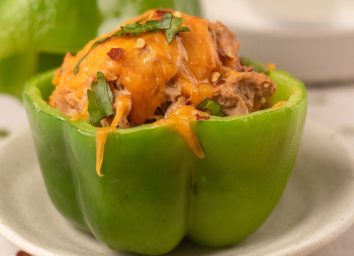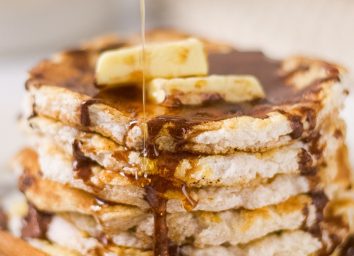10 Cooking Secrets Only French Chefs Know
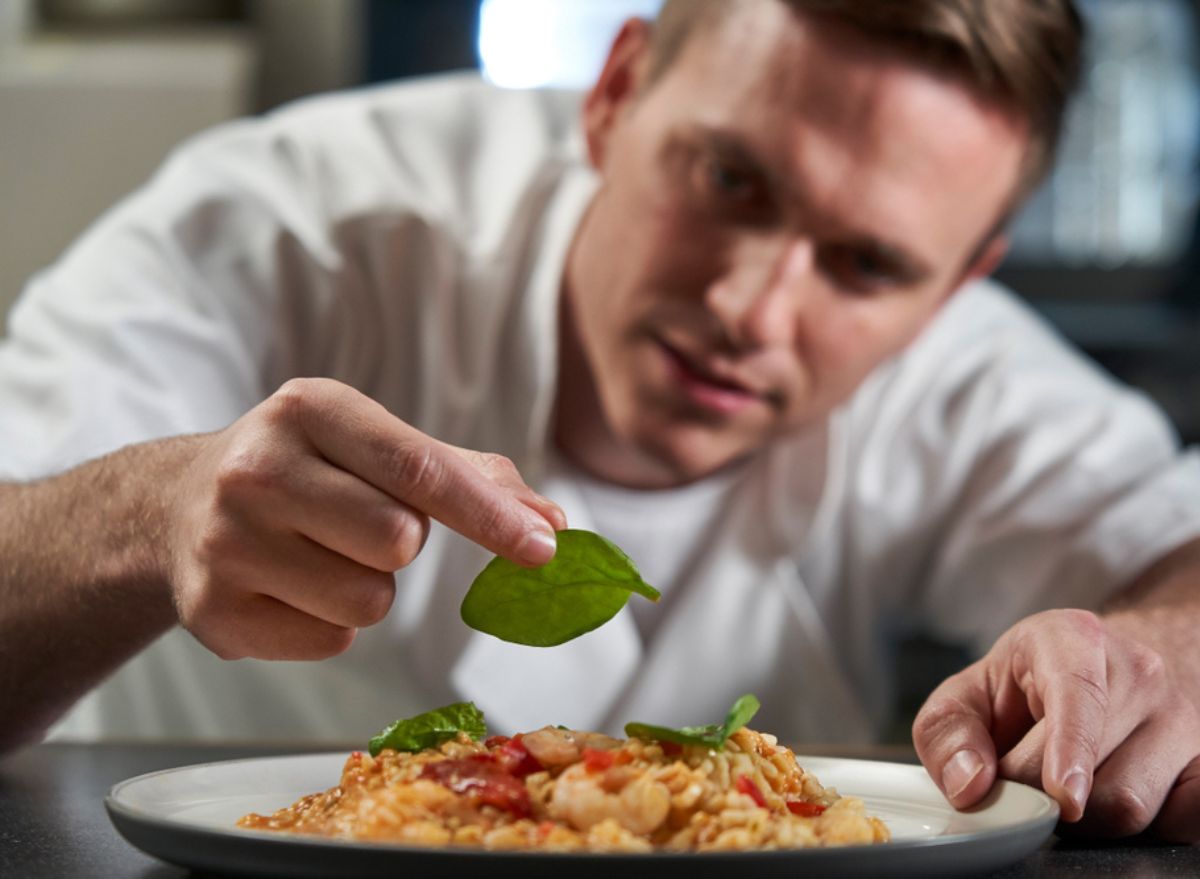
The French seem to always know their way around a kitchen. France is home to Le Cordon Bleu, one of the most famous culinary schools of all time, and also the place where Julia Child discovered her love for the craft. French cooking seems to be the epitome of fine cuisine, and who wouldn't want to learn how to cook like the culinary wizards in the city of love?
To learn tricks of the trade, we spoke with Andrea Uzarowski, a private chef with INTUEAT and founder of Fresh Food Further, who has expertise in French and other European cuisines.
"While French cooking can be intimidating, it truly doesn't have to be difficult, if you can keep in mind a few basic principles," says Uzarowski. "Although French cuisine uses quite a bit of butter and cream in its dishes, the cuisine emphasizes the use of fresh produce, quality ingredients, portion sizes, and careful preparation."
Here are the tips Uzarowski shared with us, and for even more cooking tips from the culinary elite, here are 10 Cooking Secrets That Only Italian Chefs Know.
Reach for high-quality ingredients.
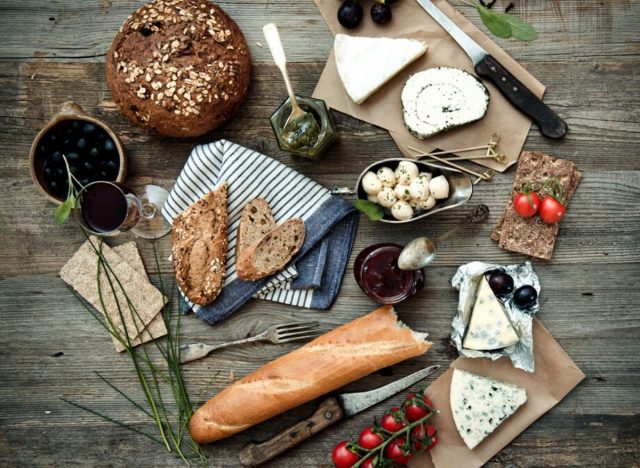
"You cannot call yourself a true French cook if you skim on quality ingredients," says Uzarowski. "From fine cuts of meat to fresh seafood, your cooking is only as good as the ingredients you work with."
Use in-season fruits and vegetables.
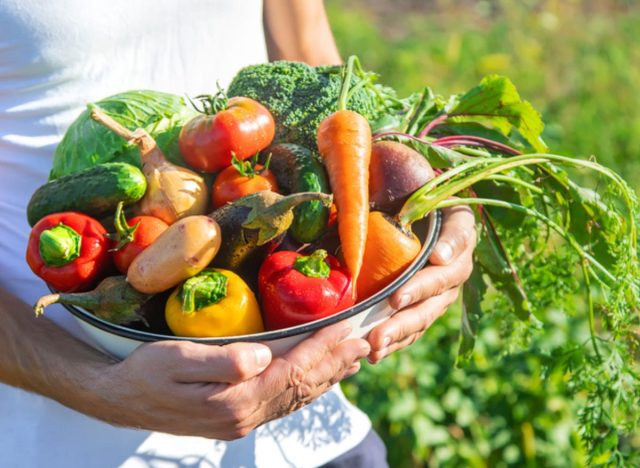
"Typically, in France, people go daily to the farmers' markets to see what the offerings are and cook based on that," says Uzarowski. "It is a bit less practical these days with long work hours and hectic lives. Still, using seasonal produce enhances your dish's flavors."
Sharpen your knives.
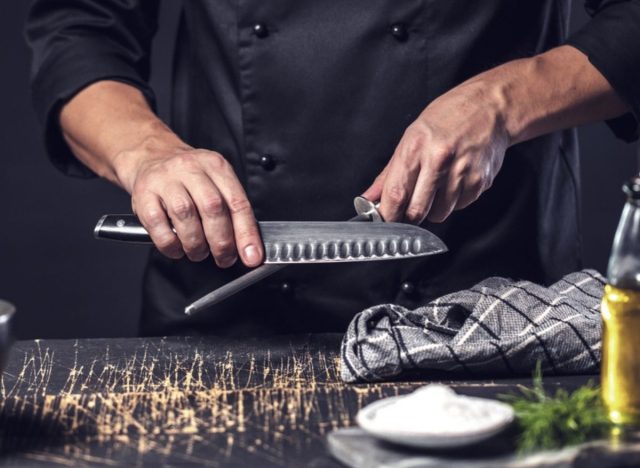
"There are many different shapes to cut a piece of meat or vegetable into, and having sharp knives is essential," says Uzarowski. "In fact, all the terms for 'knife cuts' used in kitchens comes from the French language, such as batonette, julienne, chiffonade, and more."
If you're new to cooking, here's Our Guide to Every Kitchen Knife You Need.
Don't be afraid of butter.
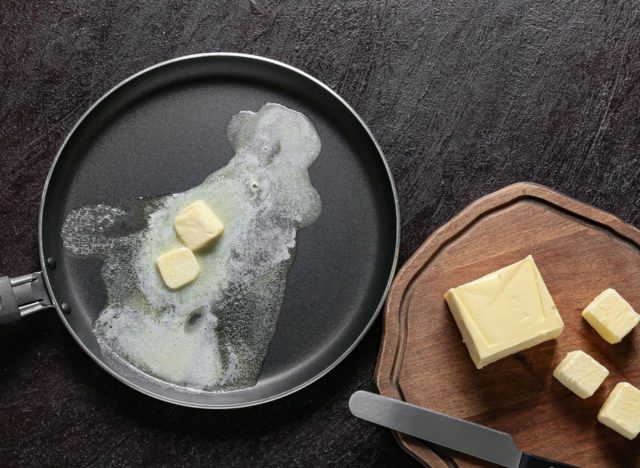
"The three basic secrets of French cuisine are: butter, butter, butter," says Uzarowski. "Who could ever forget Julia Child's love affair with good butter? The importance here is to use actual, good butter, not margarine. The secret to French staying slim despite the heavy butter use is their portion control."
Maybe it seems unhealthy to cook with that much butter, but honestly, a little butter can actually benefit your health. Here's What Happens To Your Body When You Eat Butter.
Get prepared, also known as "mise en place."
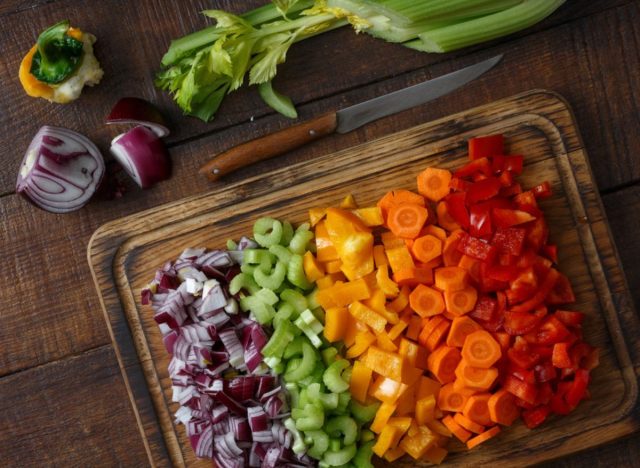
"The term stands for 'everything in its place' and means before you start to cook, have everything ready," says Uzarowski. "Have all your ingredients cut/chopped to your desired state, ingredients measured and in no time, you will cook like a real chef."
Use herbs and spices.
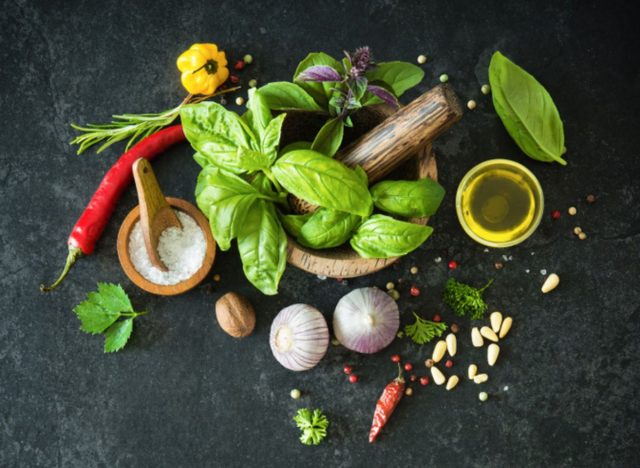
"A lot of French and European cuisine heavily relies on herbs like bay leaves, parsley, thyme, coriander, cilantro, basil, peppercorns, and tarragon," says Uzarowski. "In fact, most homes have at least small planters of fresh herbs in their windows."
Cook slow.
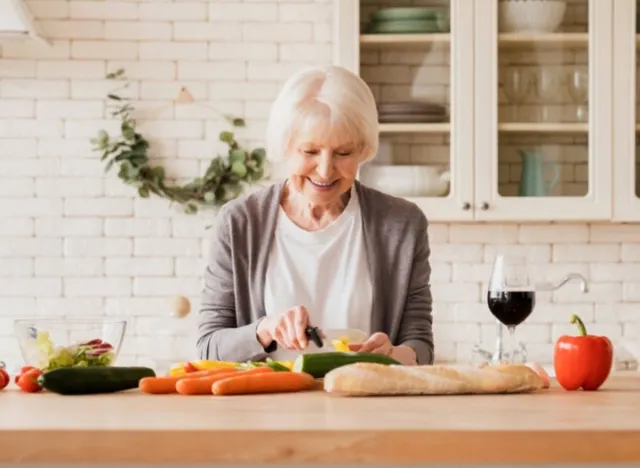
"Traditional French recipes take time to prepare," says Uzarowski. "This lends itself to the leisurely way French people cook, sipping wine, while making a coq au vin, which takes three hours, not 30 minutes or less, like our typical recipes often state. French cooking is an art, and art takes time to create."
Layer flavors.
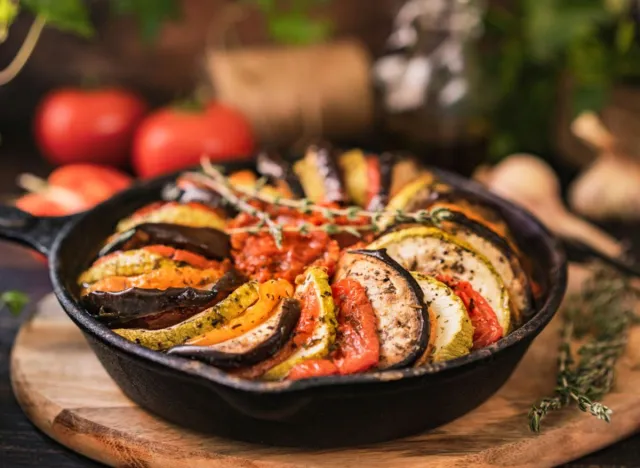
"This is the main reason most French dishes take time to make," says Uzarowski. "Each ingredient adds a layer of flavor, which needs time to develop. Typically, you will see a dish with the main ingredient on the top or on the side of the plate, with other ingredients and sauces around it as a compliment."
Sauce it up.
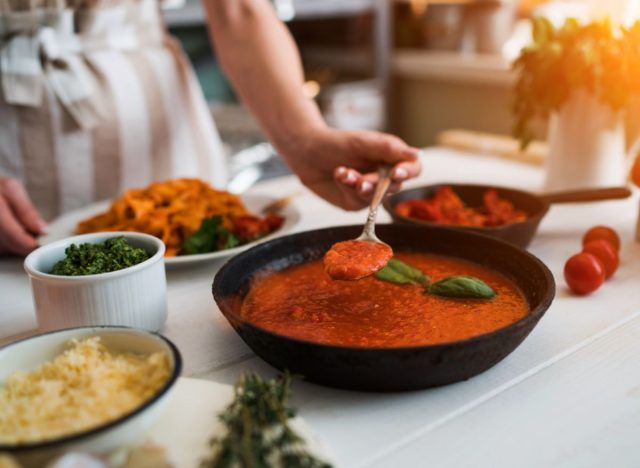
"French food often includes a lot of sauce, simmered and expertly prepared," says Uzarowski. "In fact, in cooking chefs always have to learn the five 'mother sauces' that are the basis for many dishes around the world."
Why not make it your goal to learn how to make all five mother sauces? That includes béchamel, velouté, espagnole, sauce tomate, and hollandaise.
Make it look beautiful.
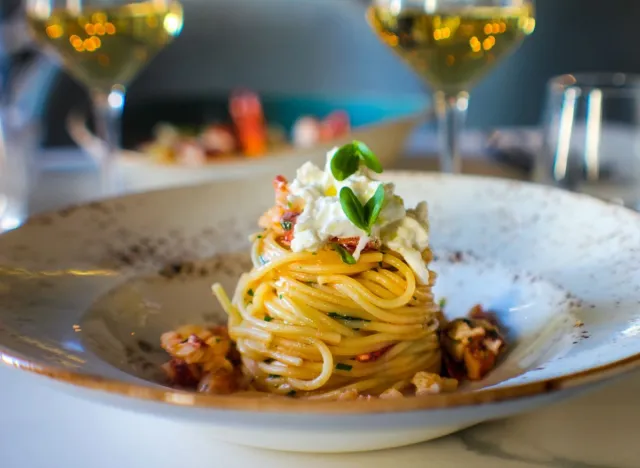
"One of the main points of French cuisine is the presentation," says Uzarowski. "Arranging and placing the ingredients artfully around the plates is a skill that takes some practice and pre-planning. But nothing beats a beautifully presented plate. After all, we all eat with our eyes first!"


